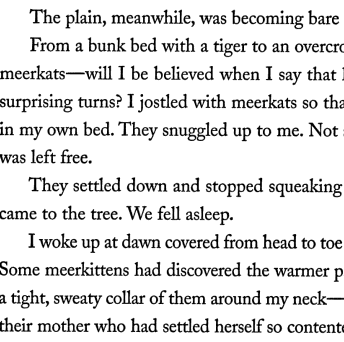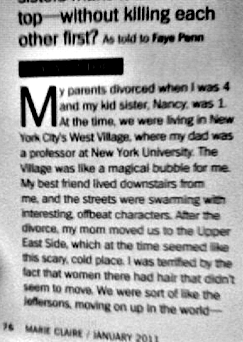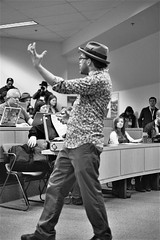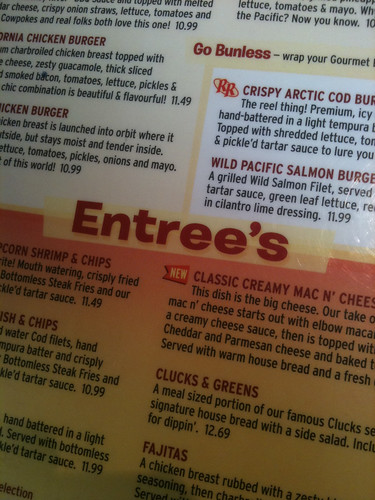Sometime during elementary school, more than 30 years ago, I decided to start using my middle initial, and calling myself Derek K. Miller. I'm not entirely sure why. I was probably inspired by science fiction writers like Arthur C. Clarke and Ursula K. LeGuin, as well as my dad, who signs his name as J. Karl Miller but goes by Karl as his familiar name to everyone. And I was starting to be asked for my signature on documents: the extra K. added some flourish.
It seems a little snobby and effete to choose to lengthen your name as a prepubescent kid—and I suppose it was when I did it. But that is the age where we start to establish our own identities apart from our parents, and manipulating the names they give us is one means to that end. (My younger daughter is seriously considering having everyone address her by her middle name, for example.)
My decision turned out to be handy a few years down the line, however. When I needed my first university email address, dmiller was already taken, but dkmiller was free, and I've used that as part of almost every email address I've created since, sometimes to my detriment.
In the early days of the Web, my site was the first one you'd find searching for Derek Miller, but that didn't last. Today there are quite a few Derek Millers out there in the Google database. And to find me, you not only have to get past them, but also two separate ones who are musicians like me—though much more famous. One is a new indie sensation, the other is even Canadian (and performed at the Olympics Closing Ceremony here last year). But look for Derek K. Miller, and you still get me.
There's no way I planned that back at the turn of the 1980s, however. Some things just work out.
Tweet





